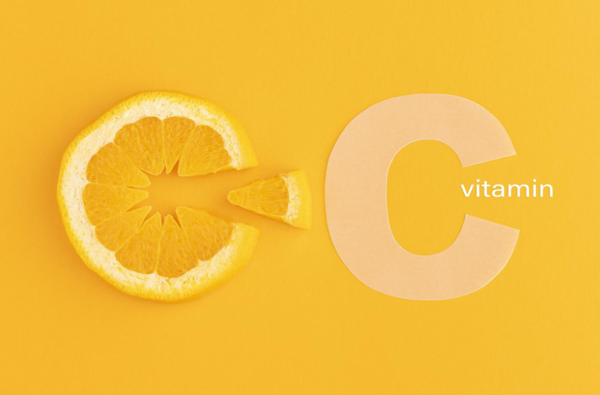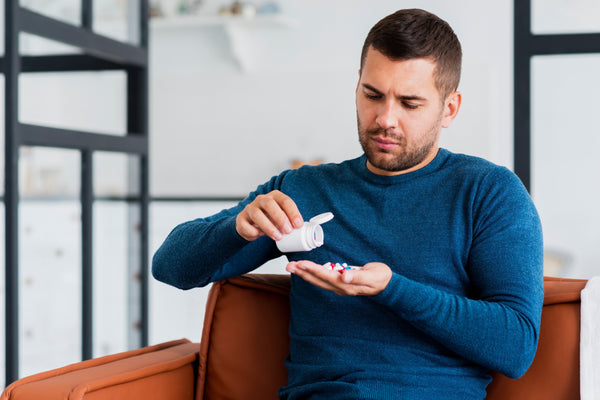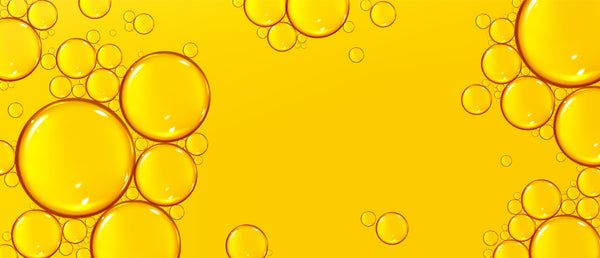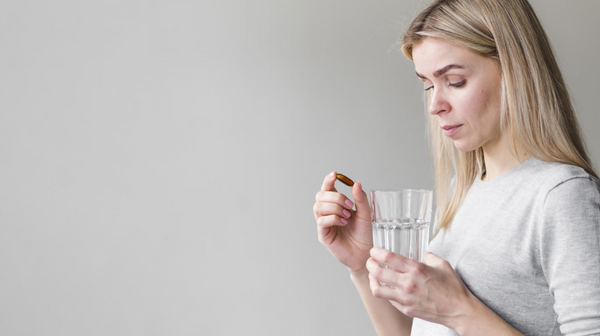Liver is the 'cleansing core’ of our body, which plays an instrumental role in removing the toxins from the body. It produces bile, which helps carry waste and break down fats in the small intestine during digestion. It produces some proteins for plasma that are essential for regulating blood clotting. The liver both stores and manufactures glucose depending upon the body's requirement, which helps in controlling blood sugar levels.
It is also the largest vital organ in our body that performs hundreds of life-sustaining functions and helps in maintaining optimal health. Liver health is adversely affected due to detrimental lifestyle activities like, poor nutritional intake, excessive alcohol consumption, intake of fatty foods and lack of exercise. Diseases like Hepatitis A & B and extensive drug use also impact liver health and weaken its functions.
We can naturally maintain liver health and undo any damage caused to it by adopting a few lifestyle changes and steps.
Effective Ways To Improve Liver Health
Here are a few effective ways to improve one’s liver health
1. Eat Healthy and Maintain Weight
Obesity is associated with an increased risk of developing fatty liver, which is a condition wherein fatty deposits and inflammation occur in the liver leading to poor function. The liver is known as a metabolic workhorse but accumulation of fat and toxins lead to slowing down of its metabolic function. That is why it is important that one consumes anti-inflammatory and antioxidant rich-foods like dark leafy greens, cruciferous vegetables, bitter/sour foods such as cultured vegetables and kombucha, green tea, and apple cider vinegar, to name a few must be consumed everyday to maintain liver health. You must exercise regularly and maintain optimum weight to keep fatty liver conditions at bay.
2. Reduce Inflammation in liver
Inflammation in the liver can be caused by excessive consumption of alcohol and other toxins that it is forced to process. Studies show that herbs like milk thistle are known to protect the liver from inflammation and oxidative damage. It is a widely used herbal remedy to improve liver function in people with liver diseases. Virus-borne infections like Hepatitis also cause inflammatory responses in the liver. Hence intake of a good liver health supplement is advised to recover faster from the infection and restore healthy liver function.
3. Consume Antioxidant-rich Foods
Alcohol consumption, Hepatitis B or C virus, cholestasis and iron overload can disrupt oxidative balance in the liver causing oxidative stress. Research shows the positive effects of consuming foods with antioxidant properties to treat conditions like fatty-liver caused due to oxidative stress, fat accumulation and inflammation. Antioxidants in our diet offset free radical activity (produced during oxidative damage) and scavenge these molecules to protect liver health. Curcumin, coffee, blueberries, berberries and herbal extracts like Arjuna are some foods that must be consumed to reduce oxidative stress in the liver.
4. Avoid high fat diets and reduce cholesterol
Researchers found that the high levels of saturated fat found in high-fat-diets put too much load on the liver, which causes inflammation leading to scarring of liver tissue also known as cirrhosis. Foods that have trans fat like pizza, breads, cakes, French fries etc when consumed in excess lead to a rise in blood cholesterol levels, which is then carried to the liver to be flushed out. However, poor diets rich in fat can weaken this essential liver function, which can lead to blockage in artery walls, and fat deposits around other vital organs resulting in poor health.
5. Exercise regularly and Rest Well
Physical activity is important to maintain overall health but it is essential for liver health as well as it boosts liver health. Regular exercise helps maintain a healthy body weight and burn fat in the body, which helps the liver in efficiently eliminating residual toxins and cholesterol from the body. Like exercise, sufficient sleep is also needed by the body and all its functions to perform their role optimally. Lack of rest causes inflammation and alters liver metabolism and fat content leading to fatty liver. Losing even one night of sleep disrupts the liver's ability to produce glucose and process insulin increasing the risk of Type 2 diabetes.
So What Supplements Can One Take To Improve Liver Health?
Liver is one of the most important vital organs in our body that can be maintained with a balanced diet and active lifestyle. Gaps in nutrition and substances that protect it from damage can be obtained with natural supplements like Wellbeing Nutrition’s Slow Liver Health, which is a scientifically-developed supplement to gently cleanse & regulate the liver. These Liver Health capsules are the First Intelligent Multivitamin released over 8 hours. The slow-release plant-based beadlets contain bioavailable potent antioxidants and anti-inflammatory ingredients like milk thistle, arjuna, & berberry. It contains active forms of Vitamin D & E that helps with bile production & flow and protects cells against toxins & helps curb inflammation.
Our everyday habits and diet have a big impact on the health of our liver. So ensure that you are supporting your liver health with only the best and begin taking care of this “Cleansing Core” from today !
References
Jackson AA. Nutrition and Liver Health. Dig Dis. 2017;35(4):411-417. doi:10.1159/000456596
Al-Jiffri O, Al-Sharif FM, Abd El-Kader SM, Ashmawy EM. Weight reduction improves markers of hepatic function and insulin resistance in type-2 diabetic patients with non-alcoholic fatty liver. Afr Health Sci. 2013;13(3):667-672. doi:10.4314/ahs.v13i3.21
Polachi N, Bai G, Li T, et al. Modulatory effects of silibinin in various cell signaling pathways against liver disorders and cancer - A comprehensive review. Eur J Med Chem. 2016;123:577-595. doi:10.1016/j.ejmech.2016.07.070
Ferramosca A, Di Giacomo M, Zara V. Antioxidant dietary approach in treatment of fatty liver: New insights and updates. World J Gastroenterol. 2017;23(23):4146-4157. doi:10.3748/wjg.v23.i23.4146

























